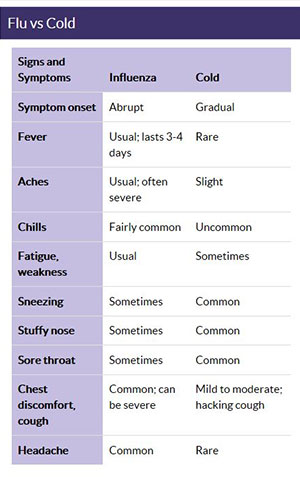
Flu Season declared for Ketchikan
January 24, 2018
Vaccinations and better healthcare have decreased the pandemic opportunities but flu is still with us. For most, the flu is a week or so of feeling terrible. For some, the flu is deadly and now it’s come around again as it usually does each winter. It is officially Flu Season. According to Ketchikan Medical Center, several people have been hospitalized, there is an increase in flu-like illnesses, and testing has been increasingly positive for influenza in the community so Infection Prevention, infectious disease physicians, and Public Health have made the determination. The flu, unlike a cold, comes on suddenly with symptoms that can include fever, cough, sore throat, runny or stuffy nose, muscle or body aches, headache, fatigue, and sometimes diarrhea or vomiting. Complications like pneumonia can arise too that can be life-threatening. Most people with the flu have mild illness and do not need medical care or antiviral drugs. If you do get sick, stay home and rest, drink plenty of water and other clear liquids to prevent fluid loss (dehydration), and avoid contact with other people except to get medical care. If you get sick with flu symptoms and are at high risk of flu complications or you are concerned about your illness, call your health care provider for advice - preferably early in your illness. The high-risk group includes young children, people 65 and older, pregnant women, and people with certain medical conditions. Quoting a news release from Ketchikan Medical Center, remind your provider about your high-risk status. If you have the emergency warning signs of flu sickness, like difficulty breathing, pain or pressure in the chest of abdomen, dizziness, confusion, severe or persistent vomiting, or if your symptoms improve but then return with a fever and worse cough, you should go to the emergency room. In children, the emergency warning signs also include bluish skin color, not drinking enough fluids, not waking up or interacting, being so irritable the child doesn’t want to be held, and fever with a rash. For infants, medical help is needed right away if the child is unable to eat, has trouble breathing, has no tears when crying, or has significantly fewer wet diapers than normal. If someone in your home is ill, avoid being face to face with the sick person if at all possible, clean your hands often especially after touching the sick person or handling their tissues or laundry. Here are some websites that offer additional information:
Based in Vancouver, Wash., PeaceHealth is a not-for-profit Catholic health system offering care to communities in Washington, Oregon and Alaska. In 1890, the Sisters of St. Joseph of Peace founded what has become PeaceHealth. PeaceHealth Ketchikan Medical Center, a 25-bed Critical Access Hospital, is also a Level IV Trauma Center for an area roughly twice the size of Massachusetts. Key services include general and orthopedic surgery, and primary, women’s health, pediatric, and behavioral health clinics. The Medical Center also has a 29-bed Transitional Care Unit.
Editing by Mary Kauffman, SitNews
Source of News:
Representations of fact and opinions in comments posted are solely those of the individual posters and do not represent the opinions of Sitnews.
|
|||
